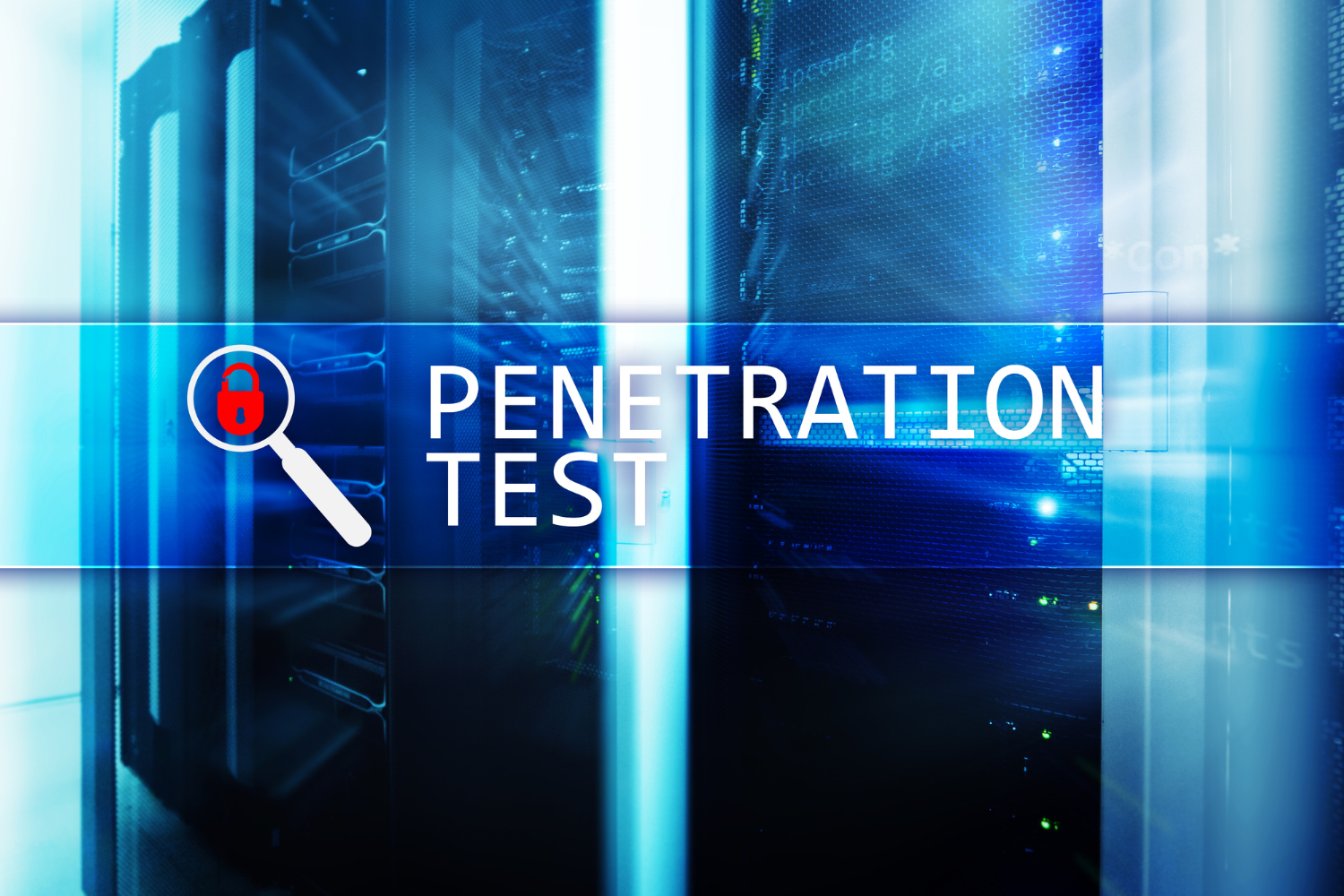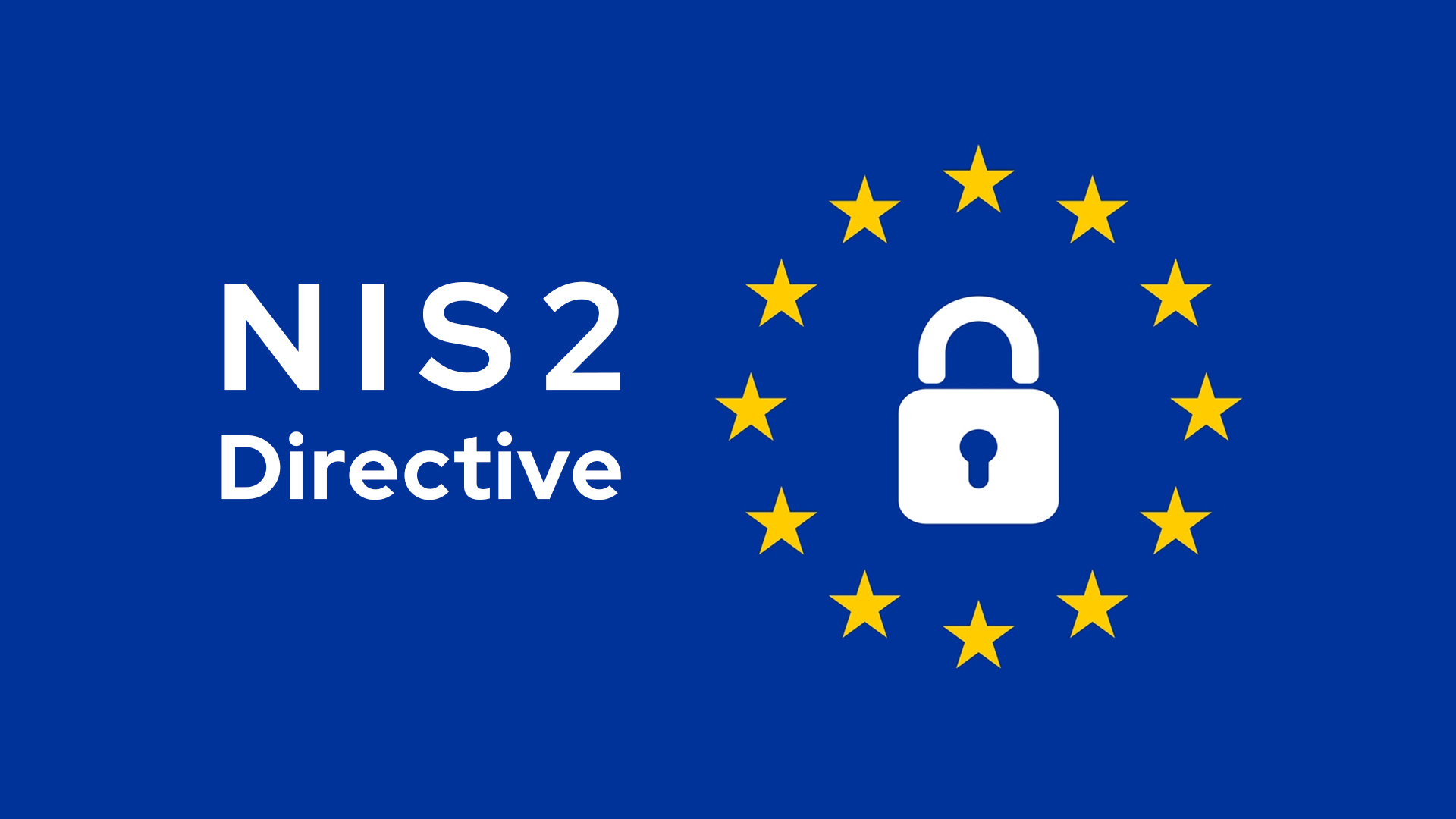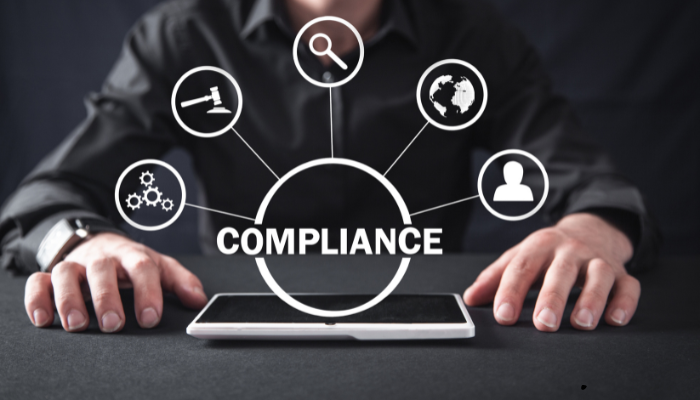Who is accountable during a cyber incident and how can MDR support leadership?
When a cyber incident hits, the first question organisations often ask is “who’s responsible?”. However, the more important question is “who is accountable?”.
Our Managed Detection and Response Services provide continuous monitoring from a team who’ll neutralise any breaches at speed...
Gain access to malware experts to quickly contain threats and reduce future exposure to attacks...
Integrity360 has been recognised as a Gartner Representative Vendor.
Many organisations are choosing CyberFire MDR to strengthen their defences. Discover how it can protect your business in our brochure.
Cyber attacks often seem faceless, but hidden behind the headlines of financial loss and technical details there are very real human stories.
In 2025, we’re witnessing a shift in how ransomware operates, who it targets, and the consequences of falling victim.
Stay ahead of the latest cybersecurity industry developments, advancements and threats, and understand how you can best protect your organisation.
Do you know what your company’s network vulnerabilities are? Businesses that invest in penetration testing do.
If your business handles credit card data, PCI DSS compliance isn’t optional—it’s critical. From retailers and e-commerce platforms to service providers and financial institutions, securing credit card data is critical to customer trust and preventing fraud.
Stay informed with the latest cybersecurity news with our weekly threat roundups.
Confused about cybersecurity? Our A-Z Glossary of terms can help you navigate this complicated industry.
For many small and mid-sized businesses, cybersecurity can feel overwhelming.
SOC 2 certification reflects Integrity360’s continued investment in strengthening cyber resilience for clients across highly regulated and high-risk industries.
Leading Canadian cybersecurity services provider Advantus360 joins Integrity360 creating the group’s first hub in North America
Posts about:

When a cyber incident hits, the first question organisations often ask is “who’s responsible?”. However, the more important question is “who is accountable?”.

Artificial intelligence has rapidly gone from an experimental technology to a business essential. In just three short years AI has been adopted by 78% of organisations for at least one business function, and 84% of CEOs plan to increase their investment in 2025. Against this backdrop, the European Union has introduced the world’s first comprehensive regulatory framework for AI — the EU AI Act.

When it comes to cyber security the role of the board has never been more critical. No longer can directors view cyber security as just an IT concern. A board that is breach ready can help ensure an organisation not only survives an incident but emerges stronger. To achieve this, boards must take a proactive stance, embedding cyber resilience into governance, culture, and decision-making.

Cyber security is not a concern reserved only for large enterprises. Small and medium-sized enterprises (SMEs) are firmly in the crosshairs of cyber criminals too and with the increasing reliance on digital tools, cloud platforms and remote work their attack surface is large.

Across the globe regulatory frameworks for cyber security are becoming stricter and more complex. As digital infrastructure grows and cyber threats escalate, governments are tightening enforcement, introducing new standards, and expecting organisations to demonstrate robust cyber resilience.

As businesses are increasingly reliant on technology, the need for robust security measures has become more important than ever. With cybercrime showing no signs of slowing down, organisations must take proactive steps to protect their data and systems from malicious threat actors.

Adhering to frameworks such as NIST, DORA, NIS2 and ISO 27001 not only ensures that your organisation is secure but also enhances your reputation, fosters client trust, and sharpens your operational resilience. In this blog, we'll explore how compliance can give your organisation a competitive edge and how Integrity360 can support your compliance journey.

The UK government’s latest ransomware proposals aim to shield businesses and public services from ransomware attacks that cost the economy billions annually. These proposed new measures aim to target the financial lifelines of cybercriminals by banning ransomware payments from public sector bodies and critical national infrastructure organisations, such as the NHS, local councils, and schools. The government’s approach also includes mandatory ransomware incident reporting to bolster law enforcement’s ability to disrupt criminal networks.

Organisations across Europe are bracing for the full implementation of the NIS2 Directive (Network and Information Systems Directive 2). This updated legislation, which strengthens the security requirements for critical infrastructure, will become applicable by 18th October 2024. While it is an EU directive, its impact extends beyond the EU borders, affecting UK-based companies as well, despite the UK no longer being an EU member.

In response to cyber security threats, the European Union has introduced the NIS2 Directive, a comprehensive update to the original Network and Information Systems (NIS) Directive. The new regulations are set to take effect by October 17th, 2024.

We are excited to announce that Integrity360 has been selected as one of just 33 out of more than 400 organisations to join the prestigious PCI SSC Global Executive Assessor Roundtable. This selection reflects our commitment to advancing payment security and our recognition as a leader in the field.

Understanding your full attack surface is critical. The attack surface encompasses all potential entry points that a cybercriminal might exploit to gain unauthorised access to your systems. As businesses increasingly rely on digital infrastructure, the complexity and size of their attack surfaces expand, making them more vulnerable to cyberattacks. Here’s how you can understand and manage your full attack surface with Integrity360.